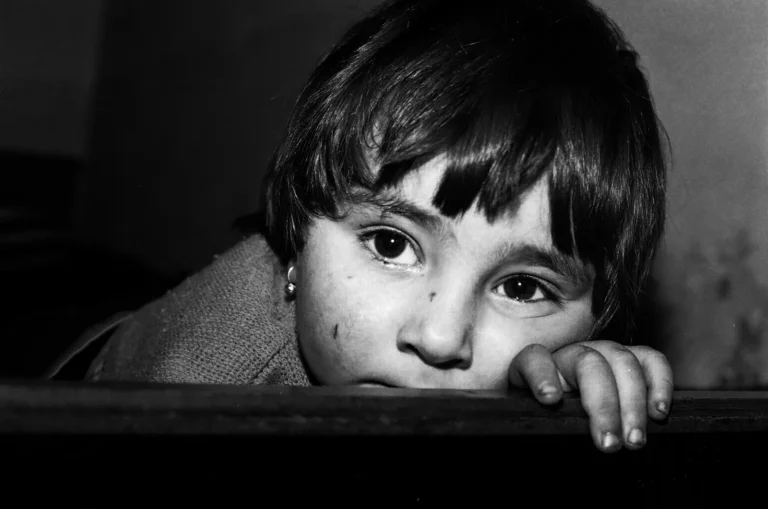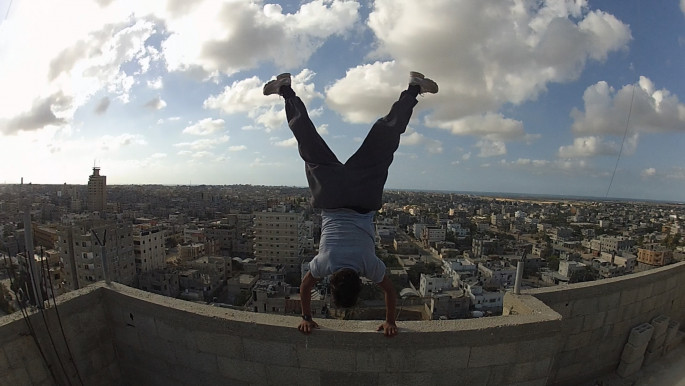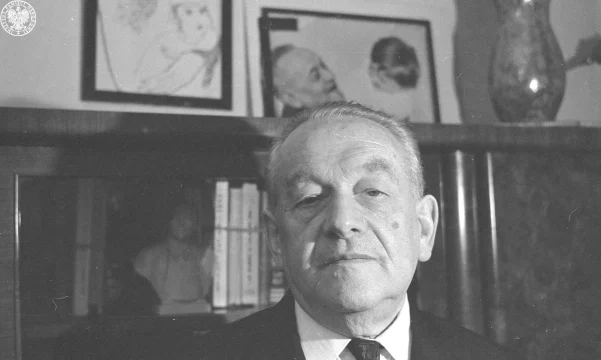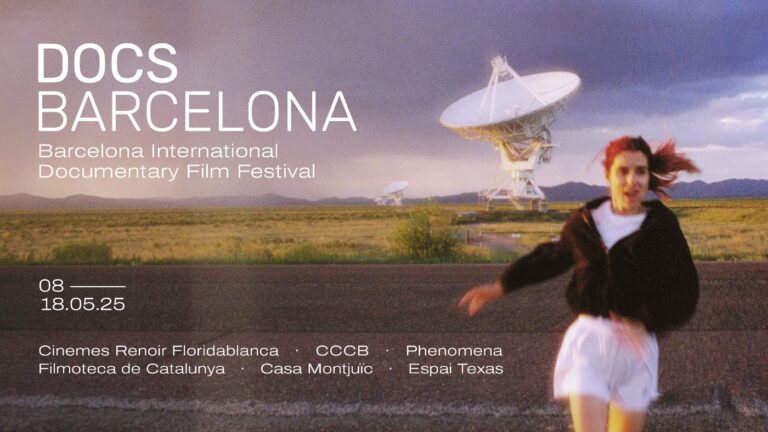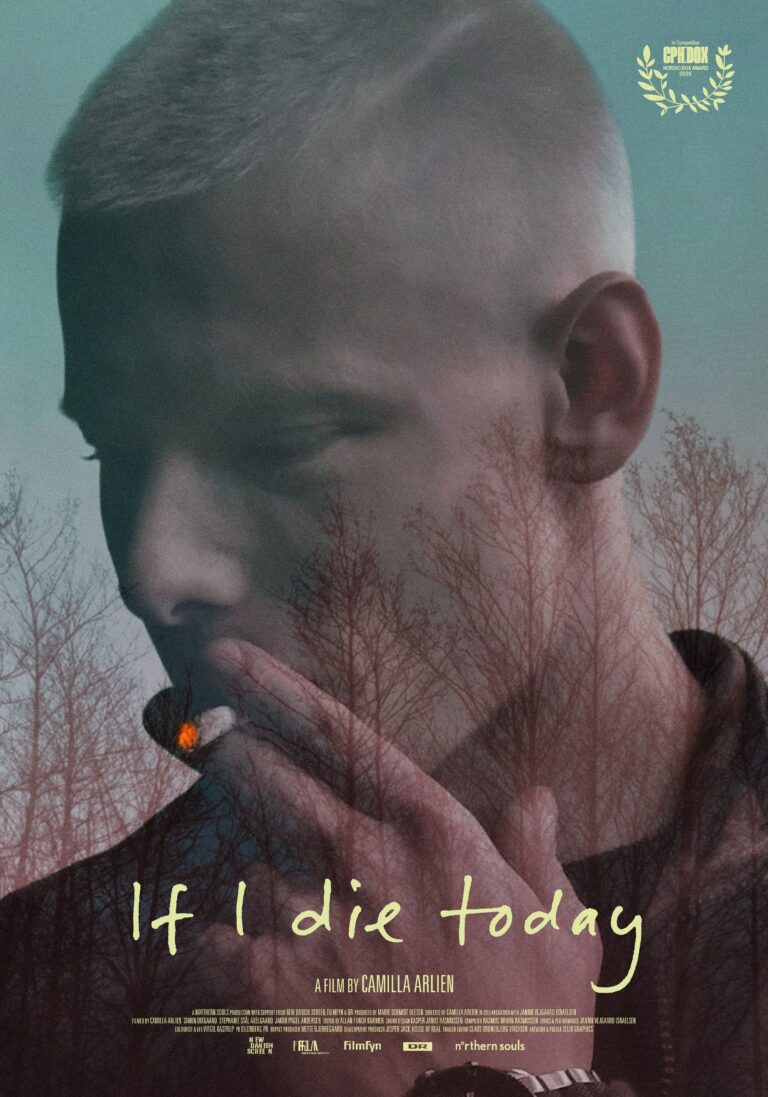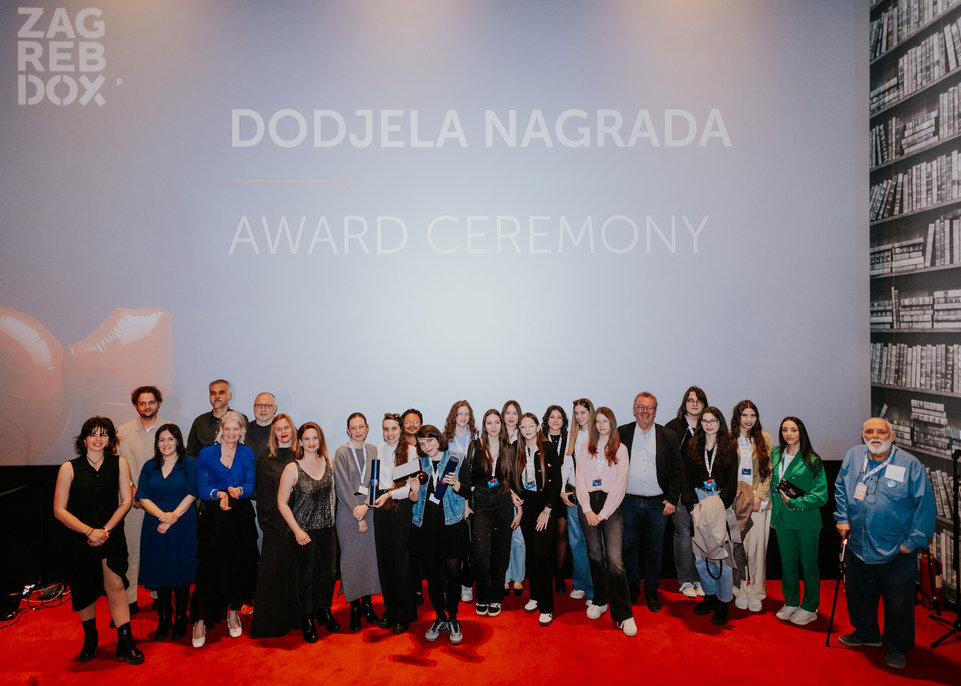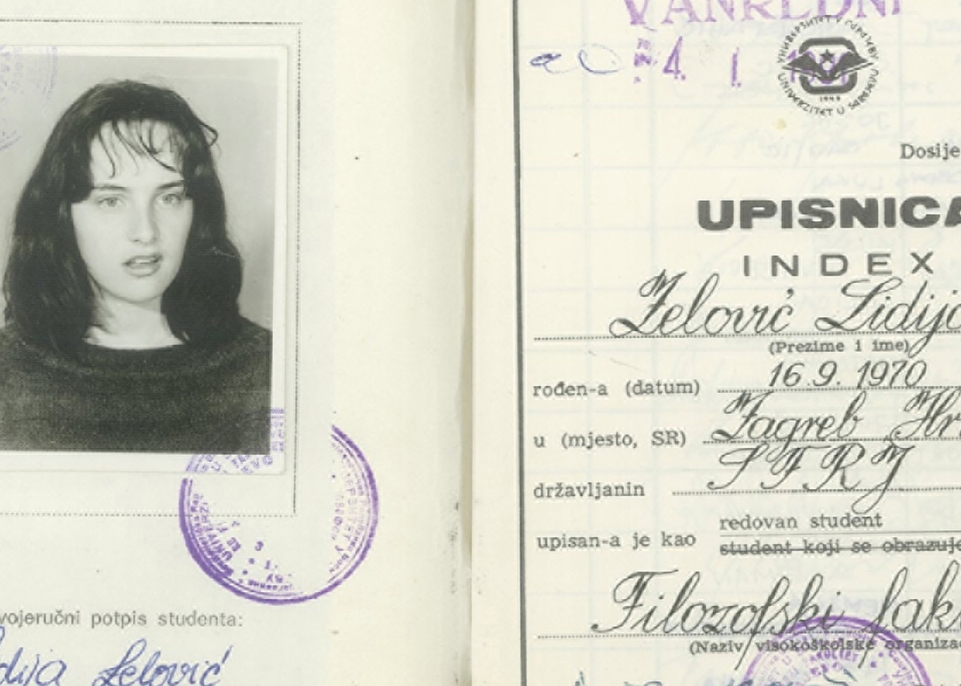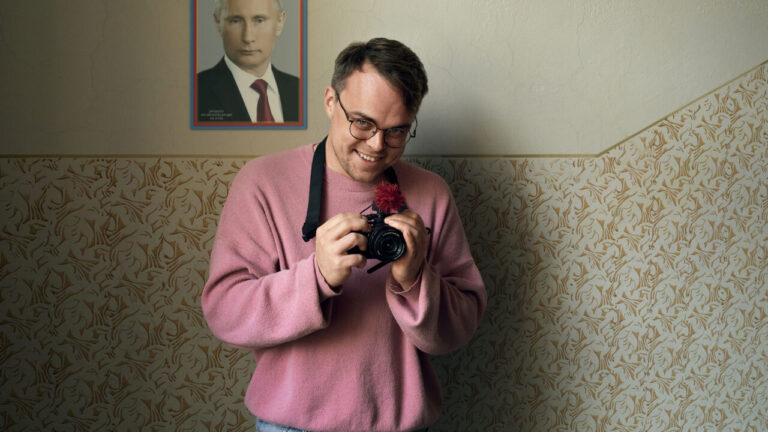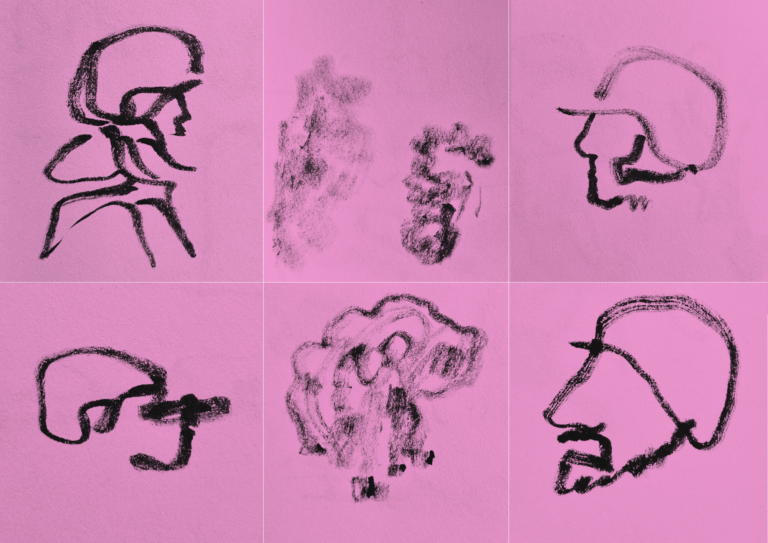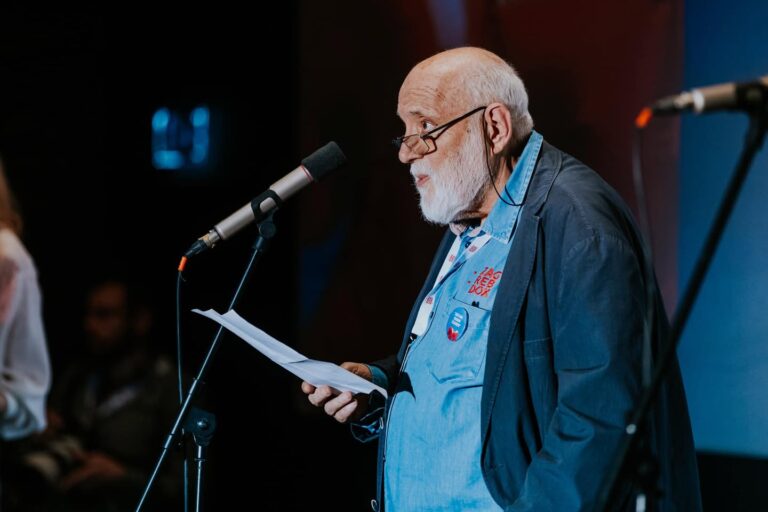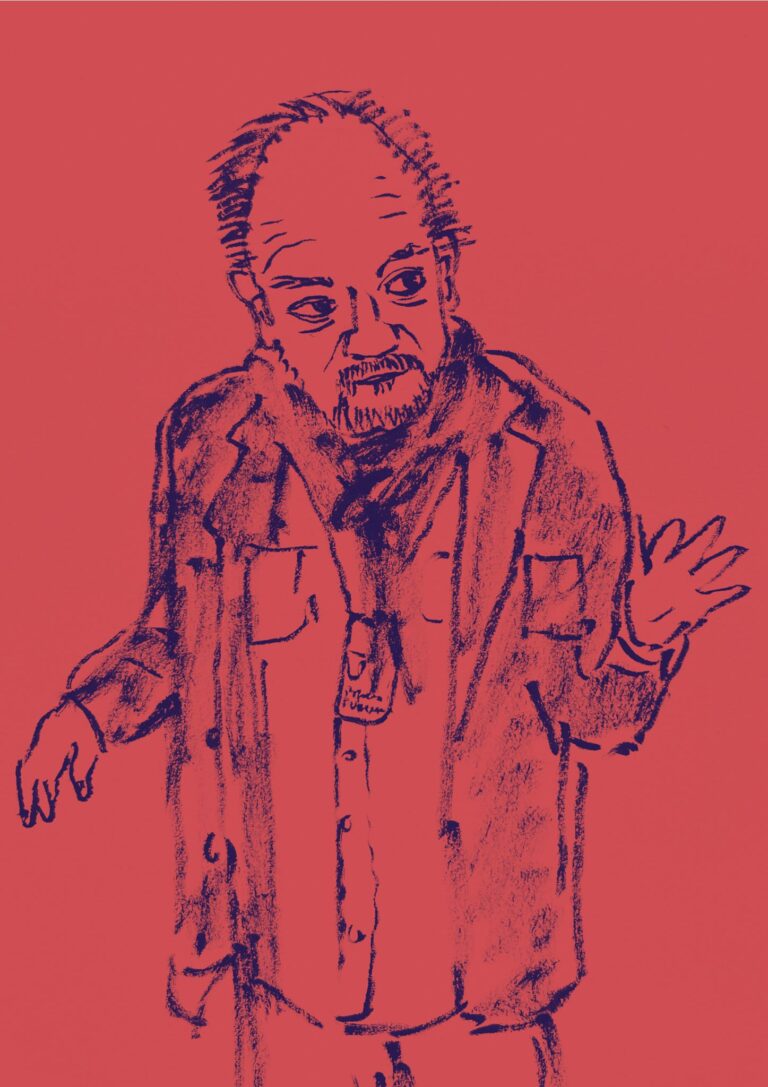| Barcelona, April 8, 2025 · The Barcelona International Documentary Film Festival DocsBarcelona will hold its twenty-eighth edition from May 8 to 18 at the CCCB, the Renoir and Phenomena cinemas, and the Filmoteca de Catalunya, the festival’s regular venues, in addition to Casa Montjuïc and Espai Texas. Tickets will go on sale today at the festival’s website. “With more than a thousand proposals received, forty-eight meticulously selected films, and eleven world premieres, DocsBarcelona 2025 reaffirms its commitment as a meeting place for documentary film and seeks ties with the city to consolidate its position as the leading platform for audiences. In this edition, we are committed to narrative innovation, the connection between artistic disciplines, and the dialogue between the local and the global, in a year marked by the need to preserve our roots while forging international alliances. Furthermore, we are incorporating new awards, such as the Best Editing Award – AMMAC and the Journalistic Relevance Award – El Periódico, to recognize talent at all stages of the filmmaking process,” explains Maria Colomer, artistic director of DocsBarcelona.
The festival adds a new official section, Visions, which aims to expand the boundaries of non-fiction with five titles that explore reality with innovative cinematic language, transforming it into an artistic expression. Part of this new commitment to the transformative power of cinema are films such as Unanimal by Sally Jacobson and Tuva Bjrok, a philosophical journey about the relationship between humans and animals narrated by Isabella Rossellini.
The weaknesses that threaten Europe
Faced with the multiple fragilities that threaten Europe, this year’s program delves into the old continent’s past to consider its present and future with a section dedicated to the archive, where documentary filmmakers explore the dark folds of the 20th century with found footage. The eagerly awaited documentary that explores the artistic legacy of Nazi Germany’s official filmmaker, Riefenstahl, by Andrés Veiel, with its world premiere at the Venice Biennale in 2024, will open the festival on May 8, coinciding with the 80th anniversary of the end of the Second World War on European soil. Another highlight will be Trains, Best Film at IDFA, where veteran Polish documentary filmmaker Maciej J. Drygas weaves a profound collective portrait of 20th-century Europe with material found in more than forty archives, based on the hopes, desires and tragedies of the people who inhabit them.
Two other titles, produced by Heino Deckert, this year’s Docs d’Honor, bring us closer to Germany, this year’s guest country: Rabbit à la Berlin (2009), nominated for an Oscar, witnesses the misadventures of the thousands of wild rabbits, who lost their home when the Berlin Wall fell, and Heimat Is a Space in Time (2019), a monumental essay that reflects on one hundred years of German history.
The festival will also look toward Eastern Europe with three titles, all of them Spanish premieres, which will open a window on documentary filmmaking that takes the pulse of the Russo-Ukrainian war. From Russia comes one of the festival’s highlights, Mr. Nobody Against Putin, “a fascinating and bold look at everyday indoctrination” according to The Guardian, winner of the Special Jury Prize at Sundance. David Borenstein and Pavel Talankin chronicle the transformation of a school in the Urals with the arrival of Vladimir Putin’s new “patriotic education policy,” the imperial dogma. Also delving into the school environment, in this case in the invaded country, is Timestamp, a portrait of the daily struggle of students and teachers to keep schools open in the midst of war. Far from the front lines, Facing War reminds us that the battle is also fought in markets and offices. Norwegian director Tommy Gulliksen portrays Jens Stoltenberg as NATO Secretary General, one of the key figures in the international political scene, filmed with unique access as he seeks support for Ukraine at the end of his term.
November 20, 2025, will mark the fiftieth anniversary of Franco’s death. Two of the films selected for this edition of the festival reveal the struggles to construct the memory of one of Europe’s longest-running dictatorships. With O Silencio Heredado, Lucía Dapena confronts the memories of her grandmother, a survivor of Franco’s regime, revealing the complex emotional bonds built around inherited silence. Looking beyond the current borders of the state, Lorenzo Benítez’s Negro Limbo explores the impunity of the Franco dictatorship in the former Spanish Guinea and how Francoism managed to hide its crimes and torture in Africa.
DocsBarcelona’s bet on Catalan talent
The event will take the pulse of the Catalan documentary with thirteen titles: Only on Earth, by Robin Petré; Requiem for a Tribe, by Marjan Khosravi; Miralles, by Maria Mauti; Dabruneba, by Mar Garro Lleonart, Paloma Bercovich Melamed, Júlia Farràs Riu and Julieta Balasch Carulla; Poirot. Último testigo, by Francesc Relea; Mares, by Ariadna Seuba; O Silencio Heredado, by Lucía Dapena; Grup Natural, by Nina Solà; Sunu Gaal (El nostre cayuco), by Josep Tomàs París; La fibra sensible, by Isabel Andrés Portí; Alexina B. en composició, by Alexis Borràs; Plat en blanc, by Ramon Pardina and Alan Fàbregas, and Temps mort, by Fèlix Colomer.
Documentary and the arts
Six titles dedicated to leading figures in photography, musical composition, and architecture build a bridge between documentary and the arts. Among the former are Joel Meyerowitz, professor and pioneer of color portraiture and landscape (Two Strangers Trying Not to Kill Each Other, by Jacob Perlmutter and Manon Ouimet), the Chilean Luis Poirot (Poirot. Último testigo, by Francesc Relea), and the South African Ernest Cole, the first photographer to expose the world to the horrors of Apartheid (Ernest Cole: Lost and Found, by Raoul Peck). Two female composers will also be present at Docs: Meredith Monk, one of the great innovators of her generation (Monk in Pieces, by David C. Roberts and Billy Shebar) and Raquel García-Tomás, showing us the creation of her new opera inspired by the memoirs of Alexina B., the first legally recognized intersex person in 19th-century France (Alexina B. Vides en composició, by Alexis Borràs). Finally, in Miralles, a title in competition in the Official Section, Maria Mauti celebrates the work and life of the brilliant Barcelona architect.
For a decolonizing narrative
From Peru, Sudan, Kenya, and Senegal, this year’s programming focuses on narratives that revisit Europe’s colonial past. A photograph of two indigenous children forcibly taken to the old continent is the starting point for La memoria de las mariposas, a monument to the indigenous victims of the Peruvian rubber trade that filmmaker Tatiana Fuentes connects with her own family. Two other titles take us to former French colonies: Sunu Gaal (El nostre cayuco) by Josep París, which focuses on Senegalese female migrants willing to risk their lives to realize their dream of reaching Europe; and Khartoum, screened in the Berlinale’s Panorama section after its world premiere at Sundance, where five young Sudanese filmmakers, driven by British writer-director Phil Coix, film the daily life of their country, their memories, and hopes before and after the current civil war. Germany’s colonial past is at the forefront of Sundance’s How to Build a Library, a look at the power of individual action as two Kenyan women reopen and transform a junk-filled library in downtown Nairobi.
Free Leonard Peltier offers another approach to the narrative of decolonization carried out by Indigenous movements, in this case in the Americas. It tells the story of one of the surviving leaders of the American Indian Movement, imprisoned for decades after a controversial conviction. Taking up his mantle, a new generation of Native activists is committed to winning his freedom.
Lessons from the rural world
From rural China, Galicia, and Iran come alarms about the advance of climate change, but also breaths of hope and resilience. Always, Deming Chen’s beautiful debut, winner of the CPH:DOX award, takes us to the mountains of Hunan province, where Youbin, an eight-year- old Chinese boy, discovers, grows, and takes refuge in the magical power of poetry, calligraphy, and language. Only on Earth, an immersive journey to southern Galicia during the hottest and driest summer ever recorded, shows us one of the European areas most vulnerable to forest fires, where humans and animals struggle to survive. Two titles will bring us closer to Iran’s rural communities and their heroines. On the one hand, Requiem for a Tribe, a powerful and moving portrait of Hajar, a 55-year-old woman from the Iranian Bakhtiari tribe, urged by her family to abandon her nomadic life and settle in the city. Through her resistance to relinquishing her connection to nature or her flock of sheep, Marjan Khosravi portrays the rise of urbanization, patriarchal control, and the effects of climate change. Sara Khaki and Mohammadreza Eyni’s Sundance-acclaimed Cutting Through Rocks traces the heroic struggles of Sara Shaverdi, a true local heroine who confronts the traditional mindset of her community. Completing the Official Section of DocsBarcelona 2025 are Señor, llévame pronto, by Guillermo F. Flórez, The Dialogue Police, by Susanna Edwards, and Yalla Parkour, by Areeb Zuaiter.
Maternity without filters
Two titles in the program open a debate on motherhood and the limits of the decisions that surround it. In 9-Month Contract, awarded at CPH:DOX 2025, a Georgian mother turns to surrogacy to provide a roof for her daughter, but what begins as a quick way to earn money turns into a profound sacrifice. Mares travels to another reality, also not without risks: the medical, physical, and emotional journey of two women who want to become mothers. For more than four years, Ariadna Seuba captures this process, full of hopes and frustrations, firsthand with her camera.
DocsBarcelona Industry: the radar of the upcoming documentary
From May 12 to 16, DocsBarcelona will launch its Industry section, a meeting point for professionals that has become a focal point for upcoming documentary filmmaking in Southern Europe. The market will generate new co-production partnerships and showcase sixty projects in the development or editing phase, selected from the six hundred and fifty submitted, the highest number in the festival’s history. Its director, Èric Motjer, describes it as “the home of industry professionals who are working on their next documentary. We are a film festival, but we are also a meeting point for reflection on the present and future of an industry in transformation, promoting local production.”
Two activities will reflect the ongoing debates among industry professionals. The inaugural Industry conference, framed annually within the concept of Nobody Cares About the Truth, will be led by anthropologist Manuel Delgado, entitled The Real (Best Left Unknown). The other event will feature a case study on the boundaries between journalism and documentary filmmaking with journalist Mònica Terribas, photographer Raúl Gallego, and documentary filmmaker Etiénne Huver. The Industry Awards ceremony, which includes the new Aljazeera Documentary Co-production Award worth €10,000, will take place on May 15 at Casa Montjuïc. |



